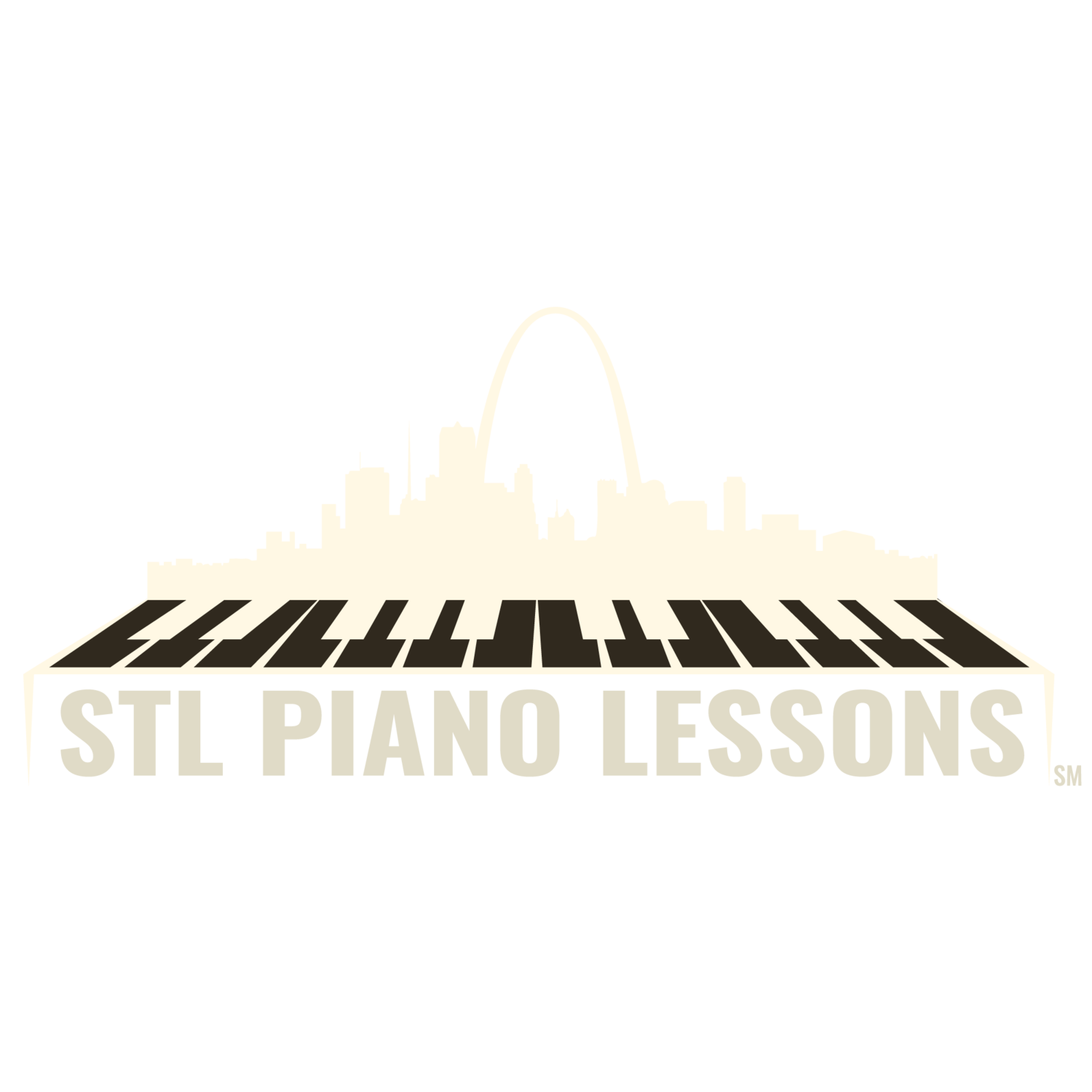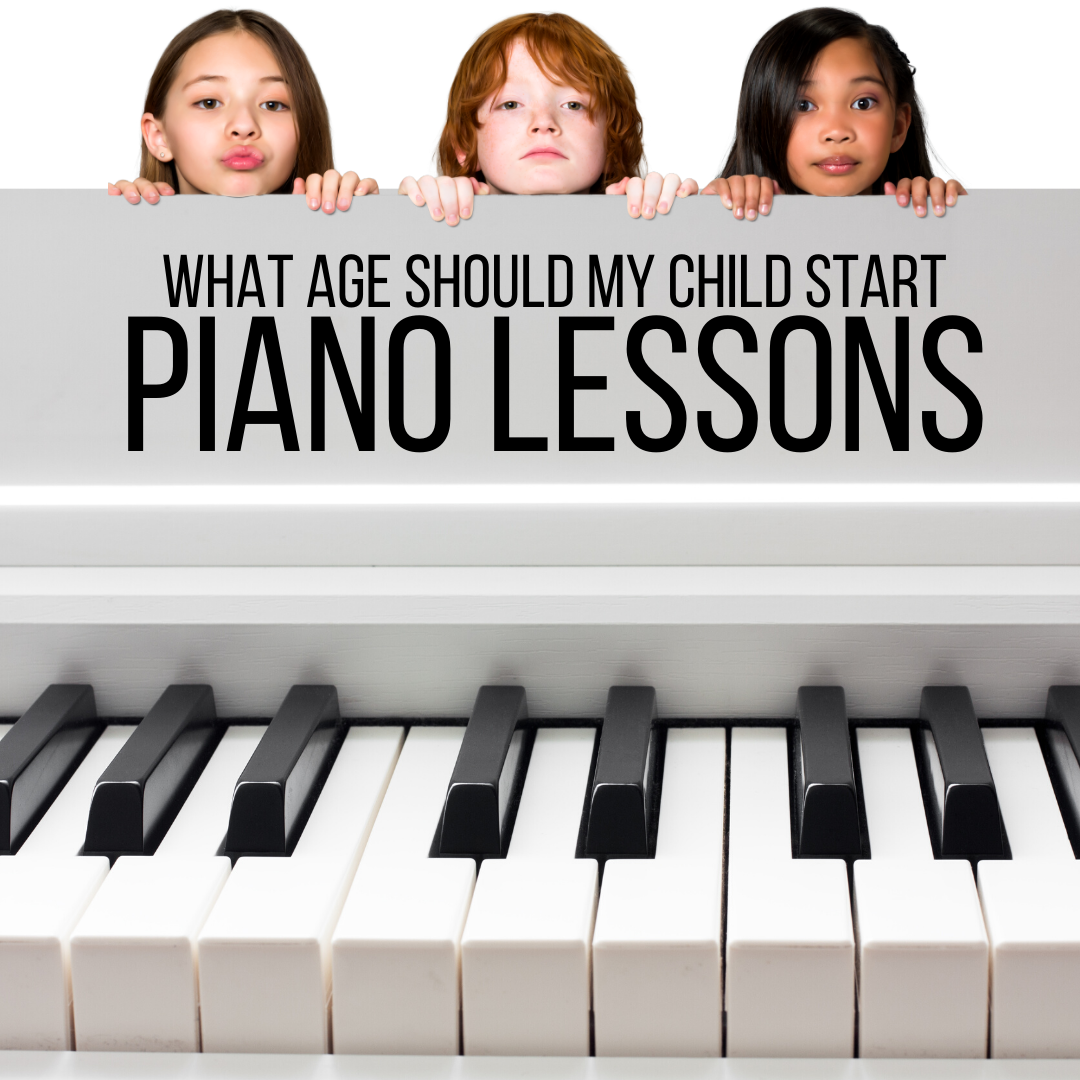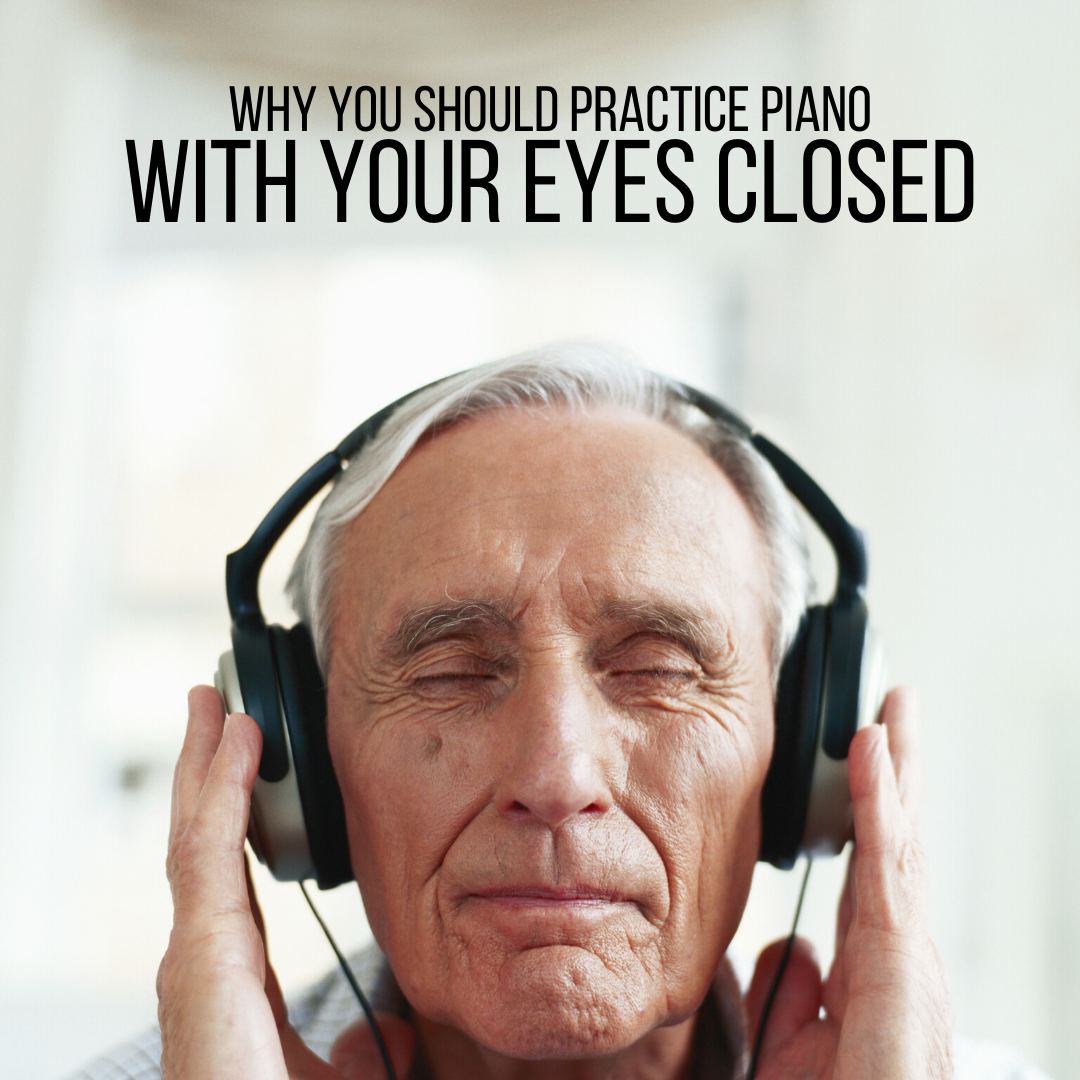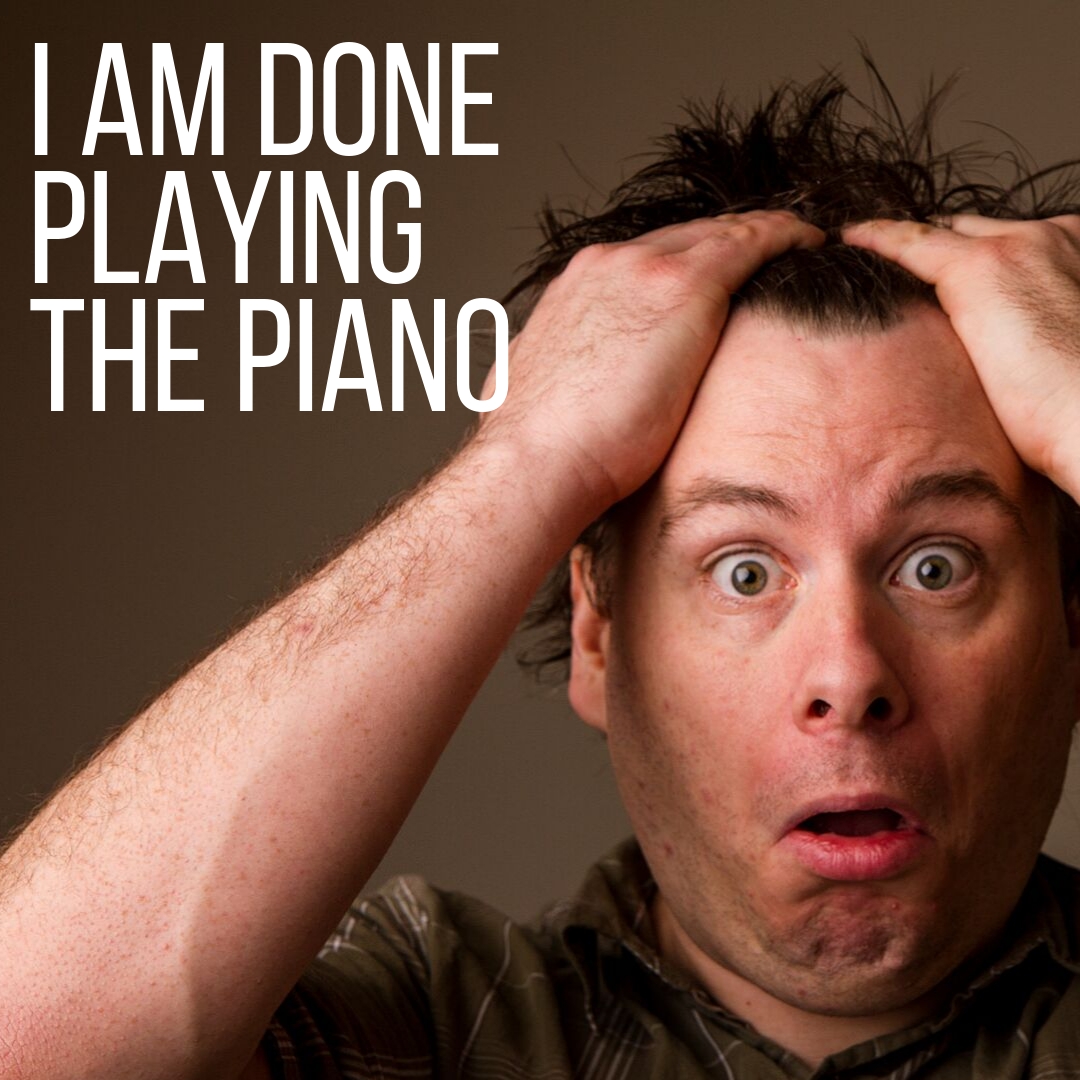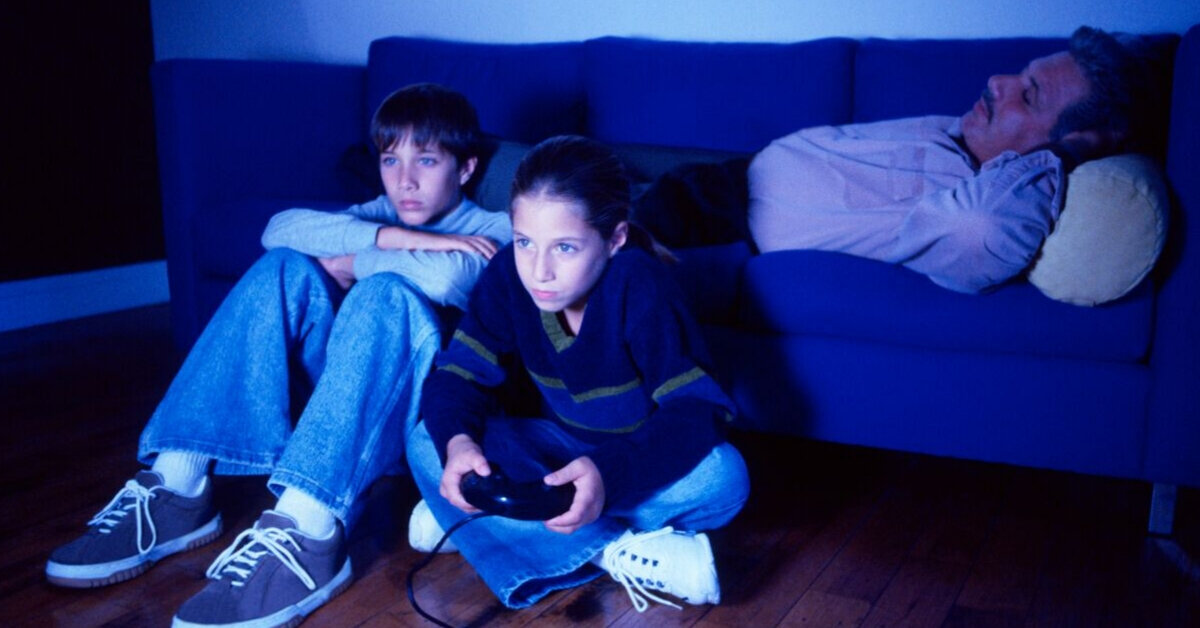That’s right. I said it. The piano is way cooler than any other instrument on the planet.
That doesn’t mean I don’t love all types of musical instruments, because I do. I actually used to play trumpet in my younger years and I loved it.
I love my brother and sister musicians and have huge respect for anyone who learns to play an instrument well, so please understand this blog post is all in good fun.
I can’t play the guitar, at least not very well. And I sure can’t play the trombone, so hear me when I say that it takes time and dedication to be good at any instrument. Every instrument is needed to make the world of music the full and wonderful place that it is.
So that being said, here is why the piano is better than any other instrument.
Why The Piano Is So Much Cooler Than Any Other Instrument
The piano is the only instrument that is laid out horizontally instead of vertically. It is easier to see what you are doing and understand what is going on. The guitar is vertical. Wind instruments are either vertical or use valve combinations. Most instruments tend to be very confusing at first. But the piano makes sense. You can look at a piano and start to see the patterns. You can see the black note pattern of 2 and 3. That’s why I think the piano is the best instrument to learn first. It’s not just because I am a piano player. It’s because of the way it is laid out which makes it easier to understand and learn music theory.
It is super easy to play the piano. Anyone can do it. You don’t have to worry about the proper breathing techniques. Or proper mouth placement. You can just bang on the keys and music comes out. Now, that’s not to say it doesn’t take some time to learn how to make the piano sound good. But to create a sound on the piano is pretty easy compared to other instruments.
You can’t play the piano out of tune. As long as the piano has been properly tuned by a professional, you will play in tune every time. There is nothing you can do in your playing to make the piano sound out of tune. I can’t think of any other instruments like that. With the guitar, you have to make sure your fingers are placed right in the center of the tabs. With wind instruments, there are a million things that can cause you to play out of tune like breath support, proper embouchure, your mouthpiece, etc. But with the piano, you just sit down and play.
The piano makes you a one-man-band. More than any other instrument, you have everything you need in the piano. Your left hand can cover the bass and rhythm. Your right hand can cover the harmony and melody. You don’t need any other instruments to make a full sound. That’s why you see a lot of piano bars around the world. Have you ever seen a guitar bar or a drum bar?
Piano players can play two things at the same time. With piano you have two hands, each playing different parts. Piano players have to be able to read bass clef and treble clef. We can do it all. It’s true that guitar players use both hands, but one is only for strumming or picking. Drummers are for sure the kings of rhythmic coordination, but still, they don’t have to read notes, only rhythms. With piano, we do it all - rhythm, harmony and melody. Left hand and right hand. Bass clef and treble clef.
The best place to start.
I could go on and on but my main purpose for this blog post is to show you all the wonderful qualities of the piano. If you are thinking of learning more about music, or you have a child that you want to expose to the world of music, I highly recommend starting with the piano. They may move on to other instruments down the road, but starting with the piano is going to give them a huge jump start.
What if I don’t want to buy a piano?
The one thing that can be challenging with the piano, is buying and making room for an actual piano. But I have good news for you. With all the amazing technology in the world these days, there are some amazing keyboards out there that sound and feel just like a piano. These keyboards are easy to move, easy to make room for and always stay in tune.
I actually made a Keyboard For Beginners guide. It will give you my top 5 suggestions for really affordable keyboards that sound and feel great. Hit the button below to get the guide for free!
Whatever instrument you land on, I can’t wait to see where it takes you. There is nothing like being able to play a musical instrument. I may be partial to the piano, but the truth is you can’t go wrong. Just pick one and get started today.
